
Darrell Clarke: working for a level playing field
Philadelphia Council President Darrell Clarke sat down for an AL DÍA News editorial roundtable and talked about some of the initiatives he is promoting and…
Philadelphia Council President Darrell Clarke sat down for an AL DÍA News editorial roundtable and talked about some of the initiatives he is promoting and implementing to level the playing field for all Philadelphians regardless of socioeconomic status.
The challenge of being Council President while representing the 5th Council District, the dynamic between City Council and Mayor Michael Nutter, and why he decided not to run for mayor were just some of the topics covered during the hour-long conversation.
In regards to public education, Clarke talked about why financing is not the only answer to the crisis, and why schools should be the focal point of every neighborhood — by offering municipal and state services beyond education.
Clarke also had a word for former councilman and mayoral candidate Jim Kenney, and for Governor Tom Wolf.
Here’s what Clarke had to say.
About the 5th District, which he represents:
“We are getting to a point where the whole notion that we are a tale of two cities actually has some level of reality. I represent the most diverse district in the city of Philadelphia and probably the state, [with] some of the most economically affluent individuals of the city but also some of the neighborhoods where they have the most significant challenges. One of the things that I like in terms of what we’ve been able to do over the years is to have a balanced approach to representing that district, but understanding that in certain parts of the district there needs to be more attention, investment, and resources.”
About “Building an Affordable Future:”
“It’s a very aggressive approach to developing the city and making it affordable for everyone by understanding that the market should play a role in developing the neighborhoods. I believe in having mixed income and mixed socioeconomic communities because diversity is a good thing, but the reality is that it’s a challenge sometimes to get to the point where you have a balance in a neighborhood. It requires a lot of work but it also requires a game plan.”
About the state of public education:
“Right now we are in the process of experiencing probably our sixth or seventh annual school crisis in a row. I don’t have to go through the specifics of how we got here, but the simple reality is that we are here, and right now the product that’s being produced in the traditional public schools — and even in a significant amount of charter schools — is not adequate.”
About financing public education:
“To suggest that somehow by continuing to put one or two million dollars additionally on an annual basis on the School District and be at the point where you are satisfied with the status quo, it’s just not something that I’m comfortable with. At City Council, over the last four years we’ve increased taxes and come up with other strategies to bring revenues from sales taxes, and revenue from cigarettes taxes, to get up to $400 million of additional money for local schools, but unfortunately we did not have a part in the state in a comparable level.”
About traditional schools and charter schools:
“While we get into this debate about traditional schools versus charter schools, my position is that all [of them] should be good schools. At the end of the day, there should be a set of standards put forward that everybody has to follow. If there needs to be more flexibility in the school system that will enhance our opportunity to educate our children, so what? If there needs to be more oversight over the charter school system so everybody is playing on a level field, then we need to have a serious discussion.”
About the “Philadelphia Community Sustainable Initiative:”
“Every neighborhood in the city of Philadelphia should be a neighborhood of choice. You may not necessarily have the most expensive house or car, you may not have the fanciest school, but you should have quality of life in your neighborhood, and you should have a safe environment and a good school. I grew up in a working community in Strawberry Mansion and we always had a good school. We had a relatively safe community, and the quality of life in that neighborhood was conducive to raising a family. That should be in every neighborhood in Philadelphia, not just in a particular neighborhood that has an amount of wealth.”
About the proposal for “school-based family service centers:”
“Every neighborhood has a school and what we’d like to do is have that school be the focal point of that particular community. While its primary responsibility is education, if we can put the social services that those children need in the school, it will be a better environment for the children. School-based family service centers essentially put you in a position where you come to that school to have your child educated but you can also come to that school to receive municipal and state services. You can even have a medical center at the school that provides assistance to the general population but also provides assistance to the young people in the school. These are the kind of creative things we need to look at. I’m excited about the possibility of implementing that.”
About the pros and challenges in being City Council president:
“The advantage of being council president is that I have the ability to work with 16 other members of council [...] to come to a consensus on matters that we push forward. As opposed to the executive branch, when the mayor says ‘this is what I want’ there are no checks and balances, the mayor says ‘that’s what I want’ and the entire workforce and the people he oversees within his jurisdiction essentially address what the mayor wants to do.
The council president actually manages the entire staff of the city council, so I have under my direct jurisdiction approximately 110 people. Sometimes, if the council president happens to be a district council person, you can’t necessarily focus on your district as much as you would like. But I feel because of the level of qualification of the staff that I have as council president, it’s afforded me a better opportunity to have a balanced approach, and to be able to make sure we take care of the 5th Council District and be in a position to deal with the global aspects of running the government in the city of Philadelphia.”
About the dynamic between Mayor Nutter and City Council:
“There tends to be notion that this particular ‘marriage’ that we have under the current executive branch and the legislative branch is a combative one. The simple reality is that I believe we ultimately did get a consensus on 90 percent of the initiatives that have been put forward by the council or by the executive branch.”
About Gov. Tom Wolf:
“As a person that traveled to Harrisburg over the last couple years more than I would like, in my most recent visit simply walking into the governor’s office the nature with which I was greeted was different. I think that the governor understands the need to be more inclusive, not only here in the city but in Harrisburg. Our relationship with the governor’s office is a very good one, but there is a very simple reality: the general assembly, that is of a different party, has increased in a majority in both the house and the senate. But I think that some good can come up out of that because of the challenge that we have to get to consensus.”
About having a lobbyist for City Council in Harrisburg:
“The administration traditionally hires a lobbyist who speaks on behalf of the city but we were not in the same page with respect to some issues — the casino issue; in terms of the timing of the overhaul of our real state tax system; as related to pension funding, and school funding. We were in an extreme disadvantage because the lobbyist that works for the city and the mayor is not required to talk to the City Council, and there was no direct interaction. Being at such a disadvantage, I thought it was important to have the eyes and ears on the issues in the General Assembly.”
About former councilman and current candidate for mayor James Kenney:
“I’ve known him for more than 20 years and we’ve worked together in a number of issues. He understands what is like to be a council person obviously, and he has expressed his level of frustration quite publicly as it relates to the ability to deal with the executive branch over the last several years.”
About not running for mayor:
“A number of people suggested that I would be a good candidate for mayor. A lot of the concerns were based on who ultimately might be the mayor. That really shouldn't be why you run — you should run because is something you really want to do. At the end of the day, I kept trying to ignite the switch but I didn't have that fire in my belly to go to the next level this time, so when I had to make a decision, I made the decision to move on. However, I think I would’ve had a credible base in terms of the level of support I have garnered over the years just by virtue of having that conversation.”



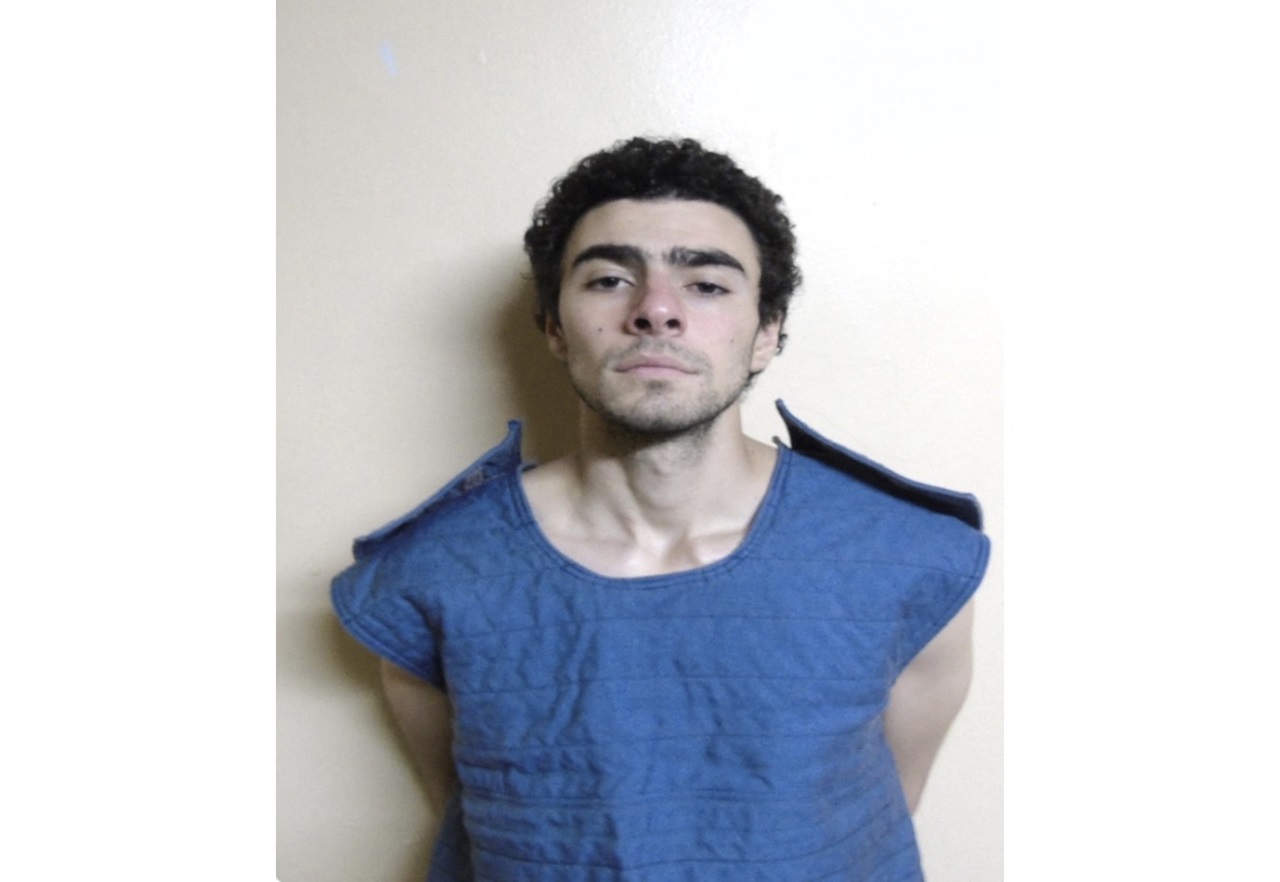
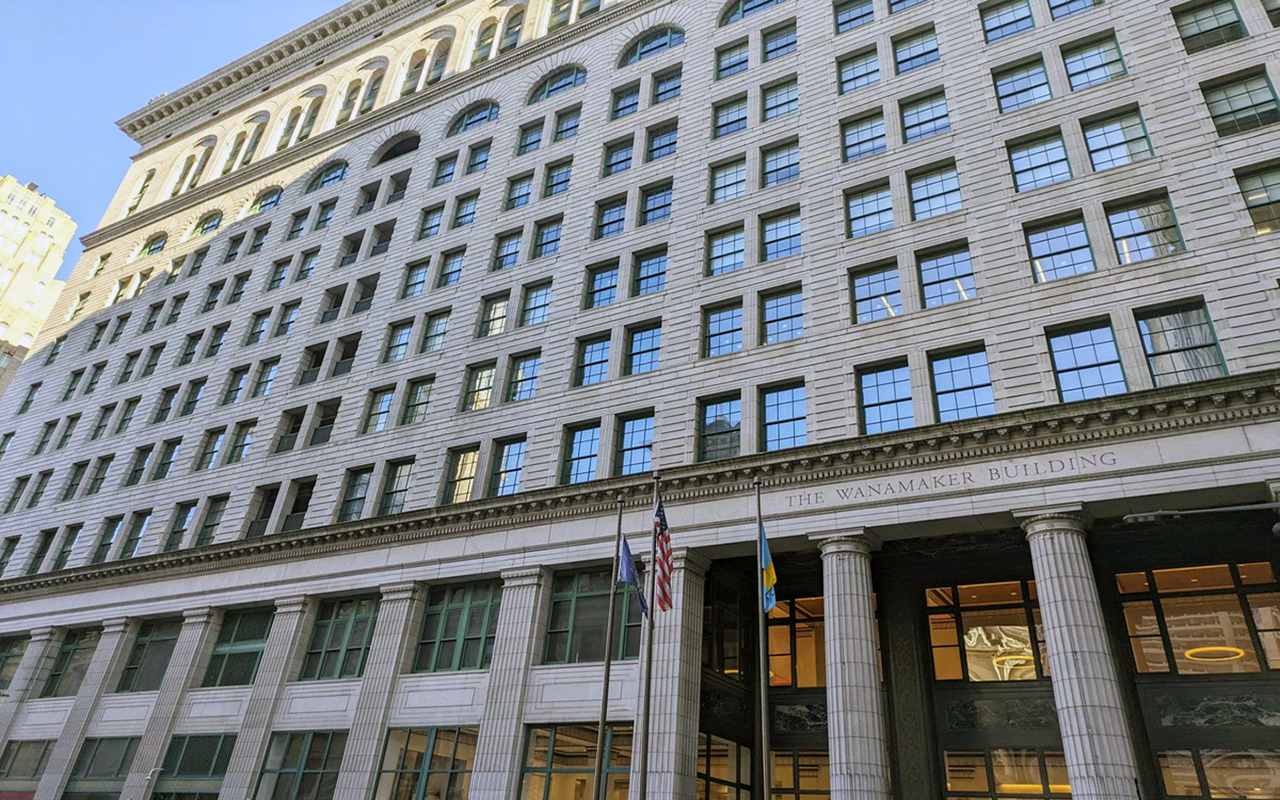

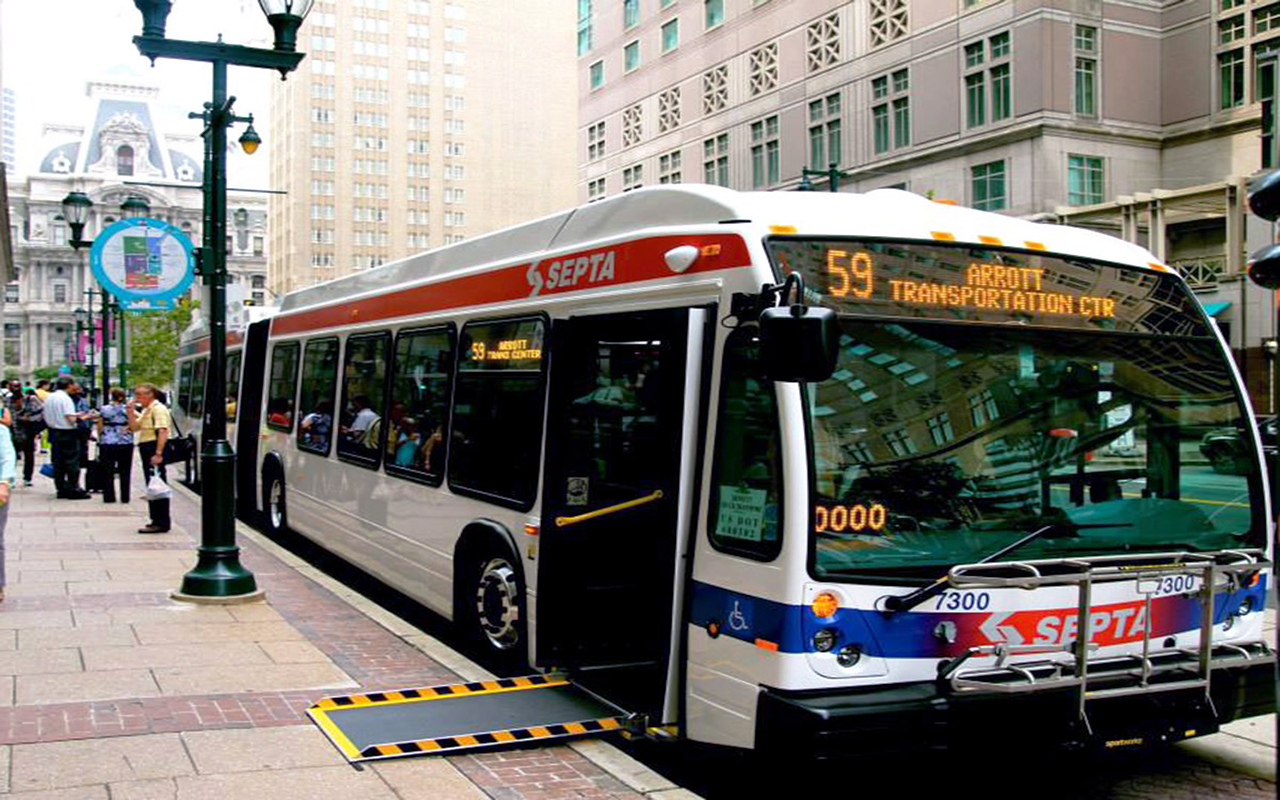
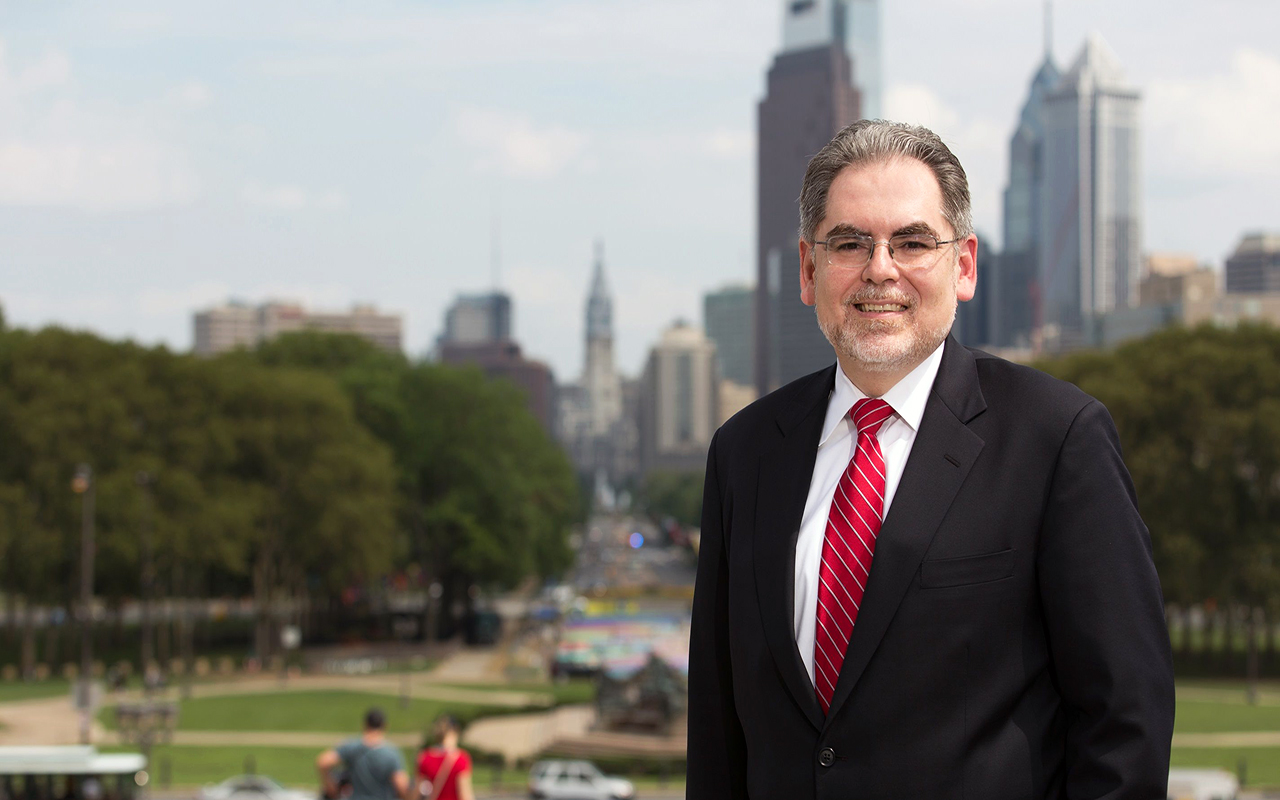

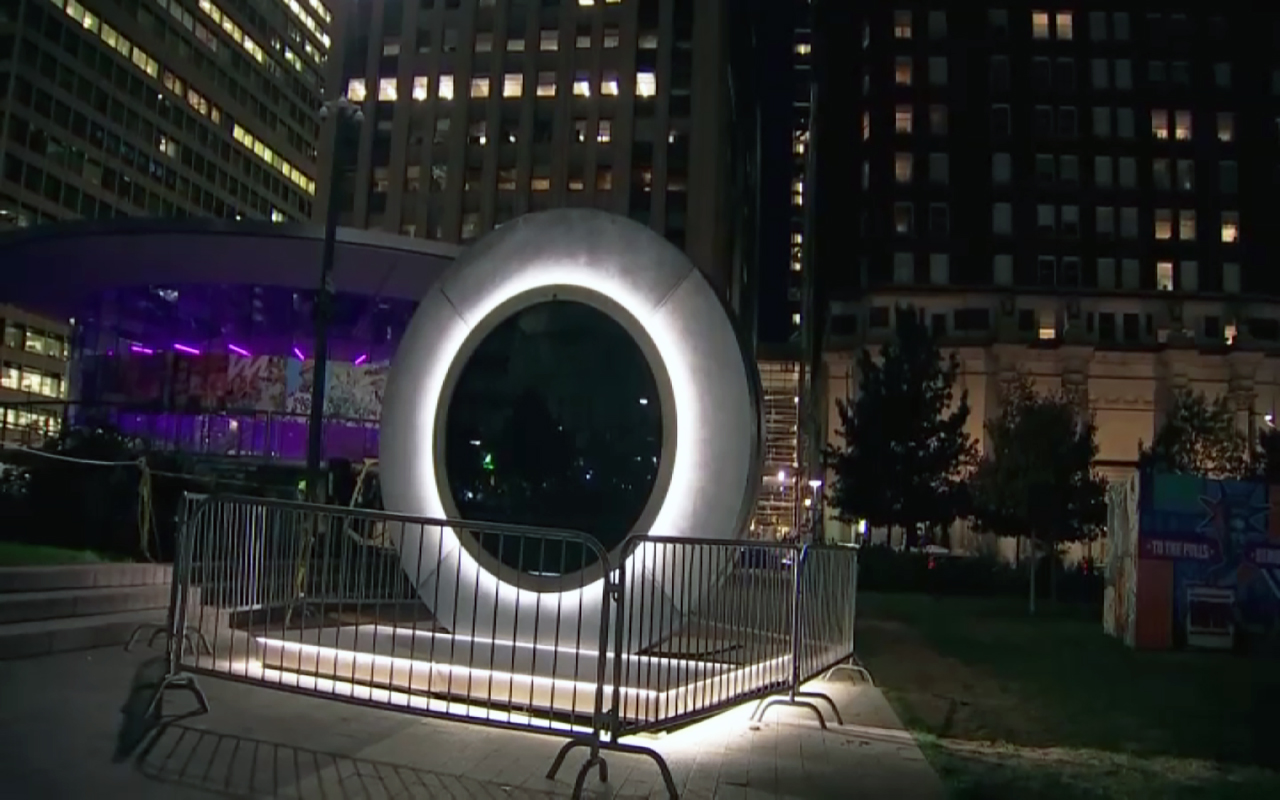
LEAVE A COMMENT:
Join the discussion! Leave a comment.